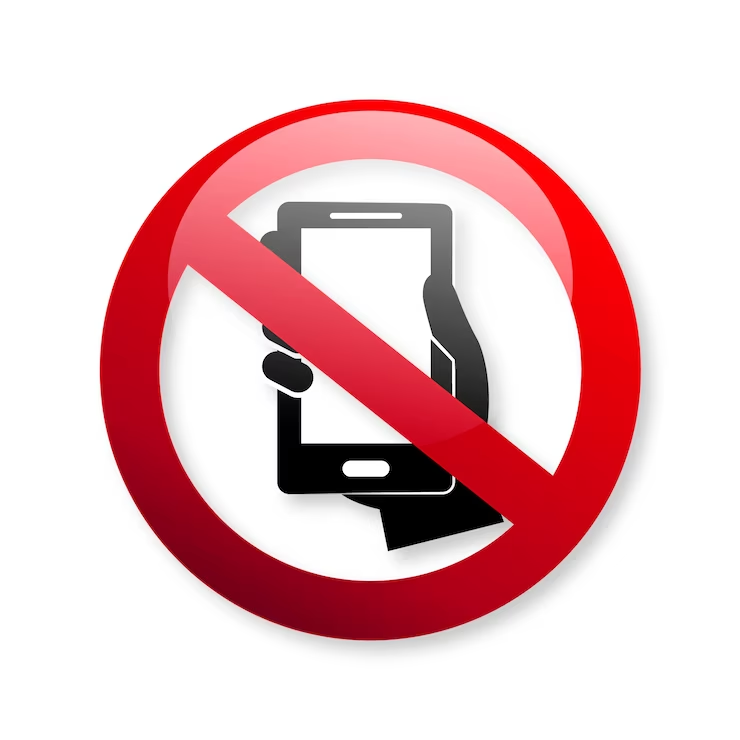PROTECT CHILDHOOD FROM DIGITAL KACHARA: BAN SOCIAL MEDIA FOR KIDS
Recently, 41 states of U.S. and D.C. sued Meta- the parent company of
Facebook, Instagram, Threads and WhatsApp, claiming it harms children by
creating addictive features in Instagram and Facebook.
Lawsuits claim Meta uses deceptive tactics, misleads kids
about safety, harvests their data and violates privacy laws. State officials
say Meta prioritized profit over kids' well-being by keeping them on the
platform, breaching consumer protection laws.
In 2021, a Wall Street Journal report made public by
Facebook whistleblower Frances Haugen, revealed that Meta's products, particularly
Instagram worsened body image concerns for teenage girls, bringing national
attention to this issue.
However, Meta has introduced various policies aiming at enhancing child safety such as parental tracking tools, teen break reminders and stricter privacy settings for young users but these measures haven't satisfied the people raising voices against social media’s negative impacts on children.
U.S. Surgeon General Vivek H. Murthy warned that excessive childhood social media use could lead to poor mental health. It has increased mental health problems including anxiety, depression, sleep disruption and other health-related issues.
India also needs to consider the regulations for addressing misinformation, cyberbullying, mental health issues, privacy concerns, addiction and impersonation caused by social media. There's a growing inclination among children to become addicted to social media, resulting in adverse effects on their mental and physical well-being. Not only children but adults are also experiencing adverse health effects due to the negative influence of social media.
Even recently, The Karnataka High Court has recommended
limiting young people's use of social media, particularly children and
suggested that the age when they can start using it should be either 21 or 18
years, when they get the right to vote.
At Scholars Den, we already uphold a strict policy against the use of smartphones and social media which creates an environment where students can engage themselves in their studies and personal growth without being distracted by the allure of screens. As a result, our students experience heightened mental well-being, enabling them to effortlessly channel their focus and achieve remarkable success, not only academically but in all fields of life.
Lastly and importantly, advocating for a ban on social media for children is about safeguarding their well-being and development. This ban will ensure physical activities, social skills, creativity and meaningful face-to-face interactions. Prioritizing children's mental, emotional and physical health is vital for a balanced and resilient generation.
#BanSocialMediaForKids
#ProtectChildhoodFromDigitalKachara
Note: This article incorporates a few excerpts from The
Washington Post.





Comments
Post a Comment